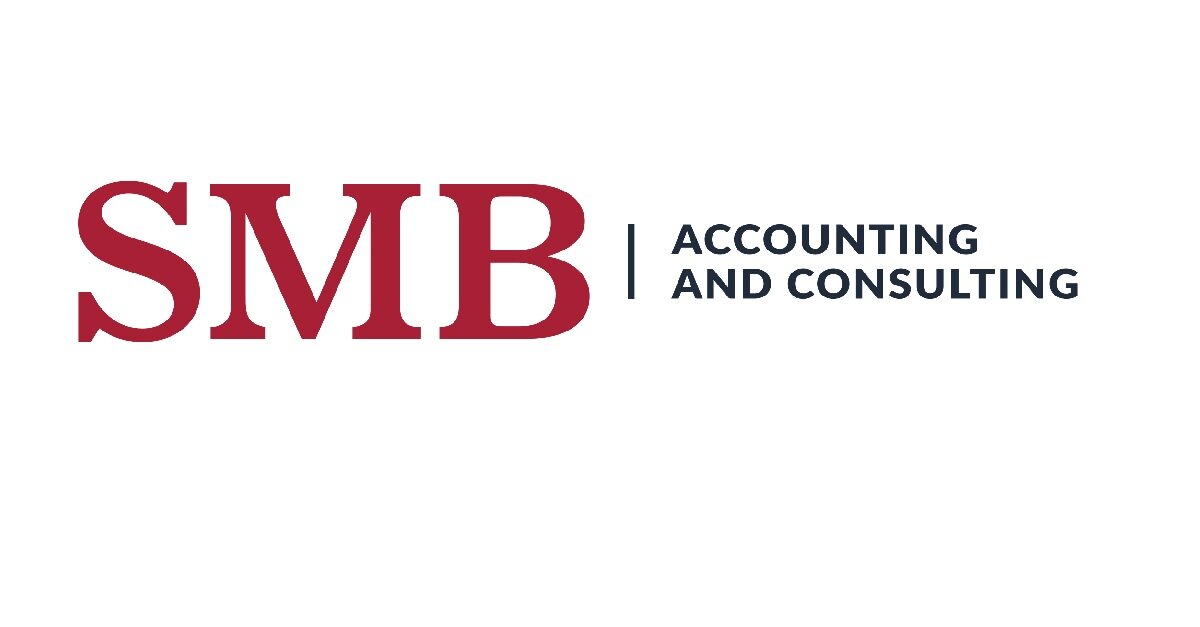Why You Need A Controller
Why you need a Controller?
Owning a small business is an incredibly rewarding opportunity but it can sometimes feel overwhelming. As owners, we all wear many hats and it can be difficult to balance the creative, managerial, and financial decisions all on our own. Professionals such as controllers can help small business owners concentrate on what they do best. Do you know when it’s time to hire a controller? What is a controller and how are they different from an accountant or bookkeeper?
What is a controller?
A controller’s roll is to ensure financial statements are complete and accurate so that they can provide important financial data that allows owners to make the most informed decisions. They utilize prior financial information, metrics, and efficiencies to help develop budgets and projections to help strategize a company’s future.
A controller is a type of accountant. They specialize in management of a business’s accounting operations. Controllers set up and maintain the entire accounting infrastructure, including processes and procedures to reduce fraud, waste, abuse, and inefficiency that cost the company money. Bookkeepers typically work for the Controller and handle more of the day to day operations such as entering bills and payments, reconciling bank accounts, and collecting on invoices.
Why do you need a controller?
Small businesses and new businesses alike should be aware of their needs as they grow. Sometimes unanticipated growth can be a blessing and a curse if cash flow isn’t managed properly to support the growth until the income from the growth can be received. A controller can help you get ahead of your numbers an assist you in figuring out if your pricing is correct, how much you might pay in taxes, and how much cash is available now.
What else do they do?
Controllers keep an eye on the financial status of the business using multifaceted approaches. Accounting touches all aspects of a business. Can you think of any activity in a business that doesn’t cost cash, or have the potential to? Controllers can help by:
Assisting with strategic planning
Providing support to management decision making by providing the right reports
Budget creation, analysis, and tracking
Establishing and monitoring internal controls to safeguard assets (50% of all small businesses have fraud occurring RIGHT NOW)
Monitoring the company’s fiscal health
Management of every day accounting functions, including end of month close out and end of the year reviews
Managing cash
Ensuring compliance with internal and external requirements
What sets us apart?
SMB Accounting and Consulting works on a consulting basis which allows small businesses to take advantage of having a controller without the large full time salary. We have worked with a variety of small businesses and has found that they all need guidance custom tailored to their needs. We are proud to provide you just what you need. Joining forces, Shannon and Morgan work together to tackle your financial and managerial needs. The marriage of accounting and project management breeds the perfect environment to help your company grow.

